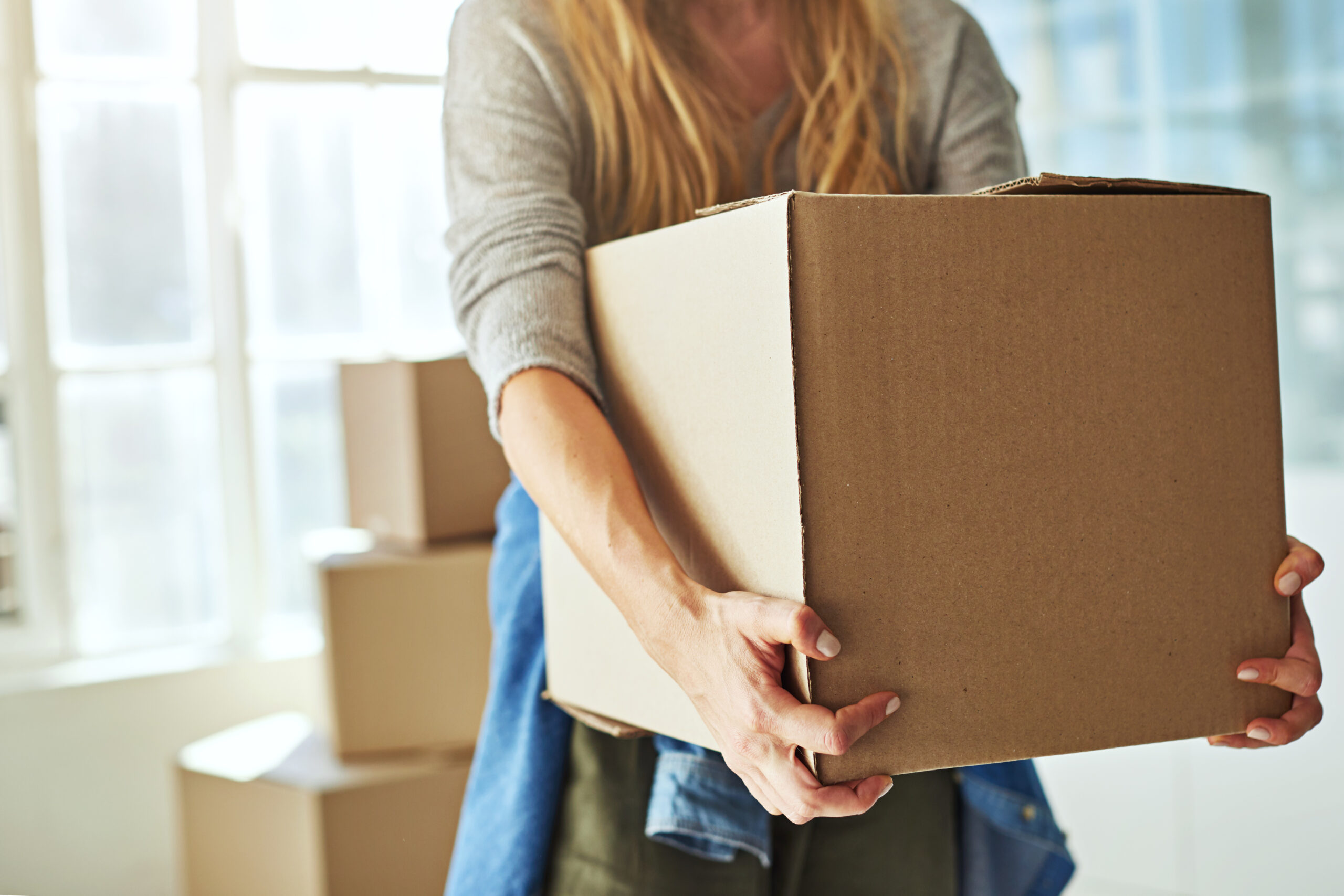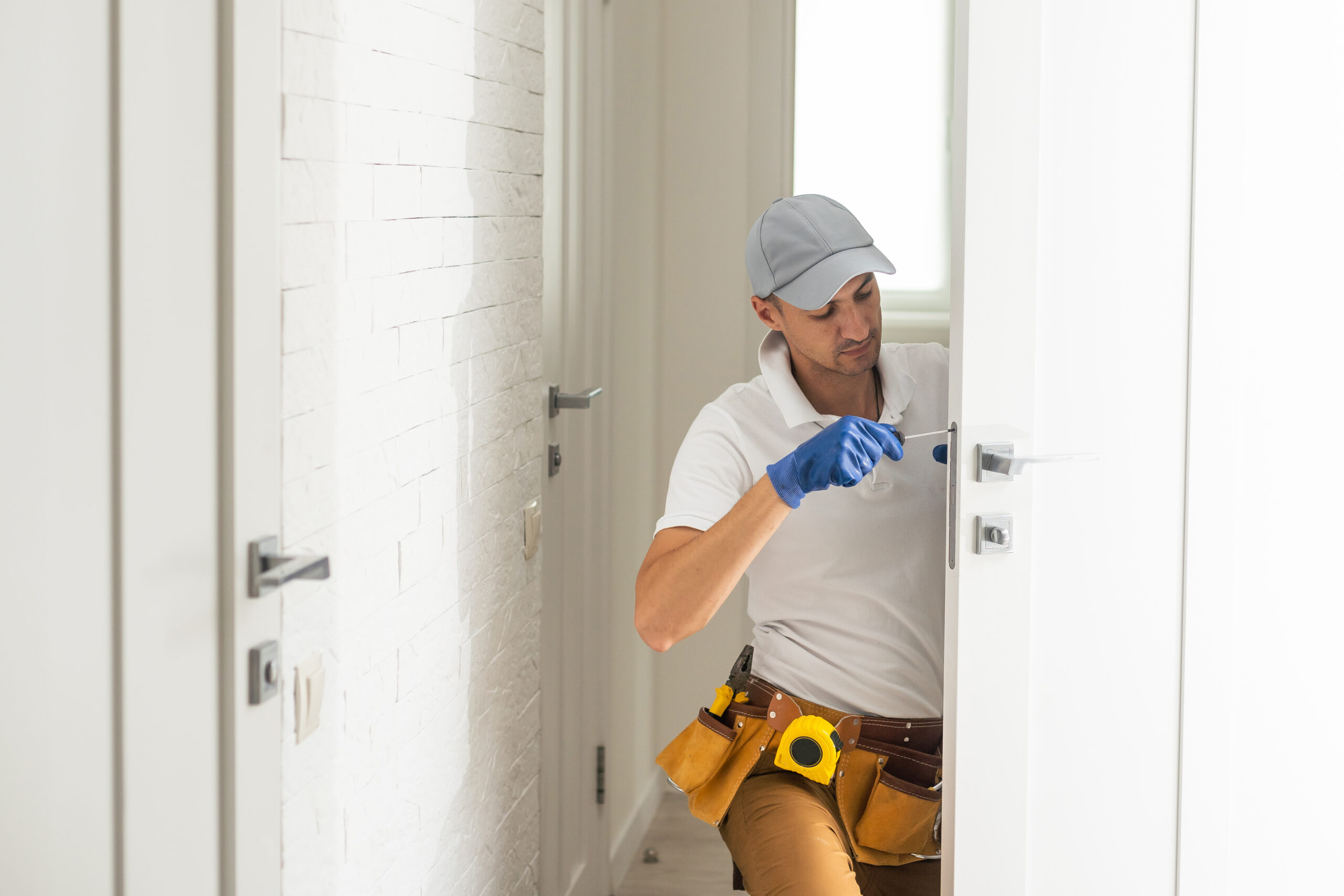
Living alone is a source of excitement for some and an intimidating experience for others. There are undoubtedly many benefits of living alone—you can choose the type of furniture and accessories you want, what and when you cook, and how little (or how much) you wear. But going roommate-free can also feel overwhelming: You’re suddenly responsible for everything.
Per the 2020 Census, more Americans than before are living alone, with 37 million adults living alone in 2021, up from 33 million in 2011. It can take time to adjust if you’re in that position for the first time. These tips for living alone will guide you through some common emotions and challenges that many people face during this life transition or relocation. Armed with some helpful, practical tips, and advice on how to deal with loneliness and other totally normal feelings, you’ll come out feeling more confident and ready to thrive.
Related: How to Move Out of Your Parents’ House
Is it hard to live alone for the first time?
If you find yourself living alone for the first time, it could start off feeling more startling than empowering. That’s completely normal. Things that might seem trivial to some may be more challenging for others. There will likely be a lot of firsts. Living on your own takes time to get used to. So while it can certainly be challenging, it helps to be prepared and adjust your perspective as needed.
What age do most people move out?
According to the U.S. Bureau of Labor Statistics, most people move out and live independently by age 27. It makes sense, given that it’s an age when many have finished their higher education studies and spent a few years working and saving up money to move. But that may be changing since recent studies show that more and more young adults stay with their parents and live at home because of circumstances like a poor economy and student debt.
What is the best age to start living alone?
While most people start living alone in their 20s, there’s no single “best” time. Everyone’s circumstances and reasons for living independently are different. You may be in your 20s and moving out of your family home for the first time, or you may be older and suddenly living independently because of divorce or death of a partner. Regardless of age, there are a few things to consider when thinking about how to live alone, such as maturity level and financial status.
How do you not feel lonely when you live alone?
It’s helpful to remember that a major misconception about living alone is that you are always by yourself. That couldn’t be further from the truth in a time when connecting and checking in is just a text message away. To combat feelings of loneliness, consider building a routine that includes daily communication with family and friends. Get to know your neighbors or find spaces in your community where you can interact with others. At home, you can find hobbies to keep you occupied and busy—it’s a good time to finally pick up the bread baking or crocheting you’ve been meaning to learn.
What is the anxiety of living alone for the first time?
Feeling anxiety about living alone is common. Not only are you moving into a new space (or possibly a new town or even country) by yourself, but you’ll likely need to build new routines, habits, and community. For certain people, being alone can cause extreme anxiety, a condition known as autophobia. If you find that living alone deeply affects your life and relationships, please consult a professional.
Practical Tips for Living Alone

1. Change the locks and give yourself a sense of security
Fear is a common emotion when people live alone. Who among us hasn’t spent the night in a new place, jumping at every creak of the floor or whistle of the wind? However, there are things you can do to feel safe. If possible, change the locks when you first move in. This step will help you feel secure, knowing no strangers can access your home. If you’re renting, ask your landlord if they change the locks in between rentals. If they don’t, make a request and offer to pay for it.
If you are especially susceptible to fear, find a place to live that caters to a sense of security. Research neighborhoods with low crime rates. Also, seek out gated apartment complexes with security systems in place. The added cost may be worth the sense of security.
2. Decorate to your style
One benefit of living alone is that you can decorate however you want without compromising. If you are living by yourself for the first time after a tough breakup or divorce, finding your design style can be invigorating. Don’t think about what is trendy or what your friends say looks good. Channel your inner interior designer and pick out furniture and decor pieces that make you happy and comfortable.
Related: First Apartment Checklist for Renters on a Budget

3. Live within your means
Living alone can be challenging because you’re the only one contributing to the household income. You must pay all the bills and make sure all the chores are done. This basic task can become monumentally more stressful if you don’t live within your means. Do you know how to afford living alone? Maintain a monthly budget with real figures and monitor your spending. Make sacrifices like a smaller apartment if you can’t afford your current living situation.
Other ways you can spend less living alone:
- Plan your grocery list in advance and use coupons.
- Put your utilities on a budget plant.
- Maximize space in a studio apartment instead of a one-bedroom.
- Buy second-hand furniture and clothing.
4. Cultivate independence and self-reliance
If you’ve lived with family or roommates your whole life, let’s be real. Living alone can feel empty and hard. There’s no one to vent to when you’ve had a rough day at work. There’s no one to mow the lawn. Or worst yet, no one can help open that always-stuck jar of peanut butter. It takes time, but cultivating independence and problem-solving will help make a living alone less overwhelming.
When you can self-soothe and manage minor problems and tasks on your own, you will not only feel stronger, but you’ll also get to know yourself better in the process. This self-reliance can lead to a lot of growth and maybe make you a more compassionate person in the long run.
Ways to cultivate self-reliance:
- Learn how to fix a leaky sink on your own.
- Cook meals for one person and enjoy them.
- Take a hot bath when you’re feeling stressed out.
- Keep your apartment clean and your laundry folded.

5. Try not to isolate yourself from others
Many people like living alone because it is quiet and drama-free, but isolating yourself from others is also very easy, especially in these WFH days. Make a concerted effort to socialize weekly. As much as you need to be self-reliant, you also need to be able to depend on people and have a social circle that cares for you and loves you. Living alone will be filled with much less heartache if you continue connecting with people outside the home.
6. Get to know your neighbors
Neighbors can either make or break a living experience, especially if you’re living in a city or an apartment complex. Be kind when you first move in, and make an effort to get to know your neighbors. They might not become your best friends, but they may be someone you can call for a stick of butter or when the pipes are leaky and you need some immediate assistance. Kindness goes both ways though, so think twice before playing your favorite music late into the night.
7. Appreciate the perks of living alone
Think about some positive things you’ll gain from living alone. If everything seems stressful now, try to find at least one silver lining. This could be as simple as watching a guilty pleasure TV show that your family or spouse previously hated. You might have a newfound appreciation for your privacy and the ability to treat yourself however you want without any outside judgment. You can even skip the dishes for a night or two. Create a home you absolutely love when you live alone, and eventually, the time might come when you want to share it with someone. And if not, that’s okay too.
Whether you’ve chosen to live alone or life circumstances have dealt you this hand, there’s no denying that the transition to solo living is tough. But, like many things, living by yourself isn’t always going to be hard. There are just as many benefits as challenges, and you’ll learn to love it. You’ll find a routine and a community. Your home will slowly turn into a warm stress-free refuge. Trust us. You’ve got this.
Have any tips on how to adjust to living alone? Share your thoughts with us on social media at @lifestorage.







